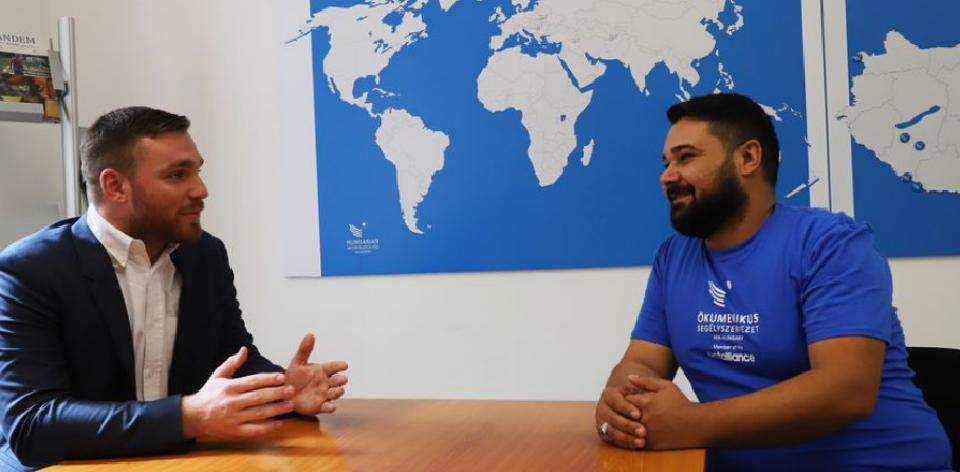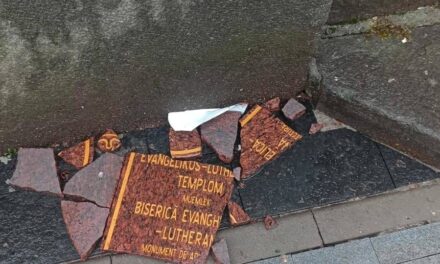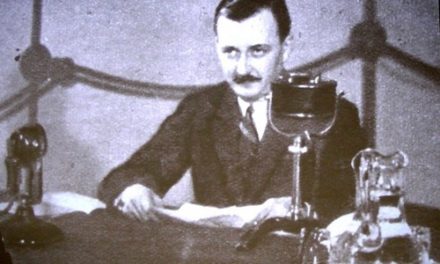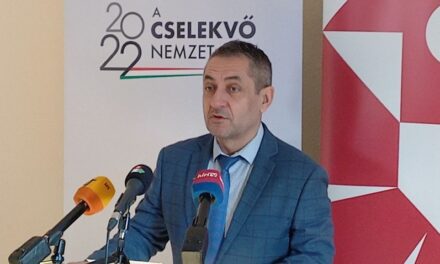It has been less than four years since Iraq was officially liberated from the brief but brutal reign of terror of the Islamic State. Of course, victory does not mean that there are no dangers lurking in the country, and aid organizations are no exception. What are the main threats, how can you defend against them, and can Iraq become another Afghanistan? The Magyar Nemzet employee spoke with Barnabás Szatmári, the head of the Hungarian Ecumenical Aid Organization's Iraqi representation, and Makin Mustafa, his colleague responsible for field security. We quote.
When the Islamic State appeared, everyone who could fled.
I was working for a Canadian oil company at the time, but then because of the war, I soon became a fixer. The job of the fixer is to help the media, for example, keep in touch with the soldiers, get journalists through checkpoints, translate. So I basically saw every major battle from the front line; I was there in Kirkuk, Sinjar, Mosul. The accounts that described the siege of Mosul as one of the bloodiest battles were not exaggerated, bombs fell all day, there was an airstrike that killed three hundred people. I myself have been wounded three times. First time in Mosul. I remember that the Islamic State dominated a hill, everything was covered by their tunnels, which made it difficult for the Iraqi army to advance. When they occupied a part of town inhabited mainly by Russian fighters, a terrorist suddenly jumped out of one of the tunnels and threw a grenade among us. The shrapnel injured my nose and eyes. Another time I got a bullet in the shoulder. But not all fixers were so lucky, I had a friend who didn't come back from the front.(…)
One of the reasons for kidnappings is that there is a lot of misunderstanding. Some groups and tribes are not satisfied with who the beneficiaries of the aid programs are, or why their own people are not the beneficiaries. However, this is not at all typical in Iraq these days. Here, the main challenge is not this, but the remains of the war, the unexploded explosives. Especially in remote places, which are less frequented even by the security forces and locals, there have been fatal accidents due to these. We have already encountered the problem, we had to rebuild an almost completely demolished house on the site of one of our projects. Although the Iraqi army said the area had been cleared, concerns were raised when the rubble was being carried away, so we requested another inspection.
Our caution paid off, because they also found devices that could have put the workers there in danger.(...)
We are present in more and more areas of the country, but now we are focusing more on Sinjar, because this is where the Yazidi community needs help the most. We have already restored two health facilities, but we are also trying to find other means to support the return of refugees. Even the basic living conditions are not given here, shelter, drinking water, and the revival of agriculture are also important tasks. However, the terrain is difficult, because several interests collide in the region, and bombings are still regular. Meanwhile, in cooperation with Hungary Helps and the Ministry of Foreign Affairs and Trade, we continue to help persecuted Christians on the Nineveh Plateau. For them, the funds are already secured, they are safe, the next step is job creation. We are moving from the humanitarian phase to the development phase, which is a longer-term process.
The full article can be read here.













